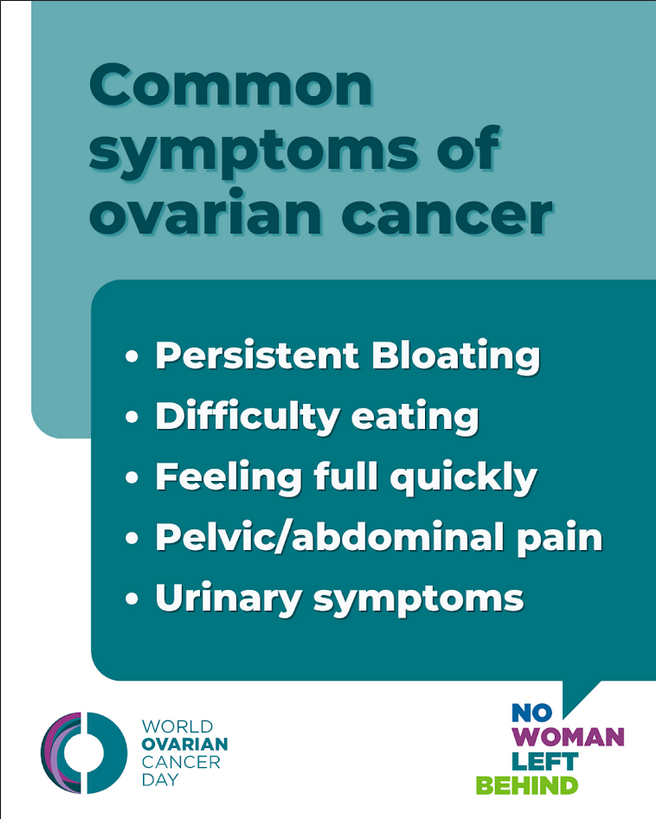“Before menopause, women have a lower risk of heart
disease than men. But, as women age and their
oestrogen levels fall, their risk of heart disease increases”.1
Umbrella
What may the Heart Disease and Menopause Umbrella include?
Depending on the Source (DotS) this Umbrella may include:
- After Menopause
- Before Menopause
- Cardiovascular Disease (CVD
- Coronary Artery Disease (CAD)
- Coronary Heart Disease (CHD)
- Heart Conditions
- Heart Disease/s
- Perimenopause
- Postmenopause
Heart Disease
What is heart disease?
DotS the definition of heart disease may vary. The (United States) Centers for Disease Control and Prevention’s definition is:
“The term “heart disease” refers to several types of heart conditions. The most common type of heart disease in the United States is coronary artery disease (CAD). CAD affects the blood flow to the heart. Decreased blood flow can cause a heart attack”.2
Early Menopause
Is there an association between early menopause and heart disease?
Yes. According to the (United States) National Institute of Heart, Lung, and Blood Institute (NHLBI):
 “Women who experience early menopause, especially after surgical removal of the uterus, are more likely to develop heart disease than women of the same age who have not yet experienced menopause”.3
“Women who experience early menopause, especially after surgical removal of the uterus, are more likely to develop heart disease than women of the same age who have not yet experienced menopause”.3
Menopause

 Is there an association between menopause and heart disease?
Is there an association between menopause and heart disease?
In What Is Menopause: Perimenopause, Menopause and Postmenopause – Postmenopause: Heart Health the (Australian) Jean Hailes for Women’s Health (JH) explain:
“Before menopause, women have a lower risk of heart disease than men. However, as women age and their oestrogen levels fall, their risk of cardiovascular disease increases. Heart disease is one of the leading cause of death for Australian women. Heart disease also claims three times as many lives as breast cancer”.4
In Menopause and Your Heart: Does Menopause Increase the Risk of Heart Disease? last updated 25 August 2025, the (Australian) Victor Chang Cardiac Research Institute note:
But, during menopause, which most commonly happens to women aged between 45 and 55, the body starts to produce less of this hormone. Oestrogen helps to relax and dilate blood vessels, reduce inflammation, and improve cholesterol profiles.
The decrease in oestrogen levels, which occurs during menopause, can contribute to a higher risk of heart disease”.5
In Coronary Heart Disease: Women and Heart Disease – Why Does Coronary Heart Disease Affect Women Differently? the NHLBI elaborate on:
- “Hormone changes may affect a woman’s risk for coronary heart disease. Before menopause, the hormone estrogen provides women with some protection against heart disease. However, as women age, their risk for coronary heart disease increases”.6
Postmenopause
Is there an association between postmenopause and heart disease?
The JH explain:
- High blood pressure
- An increase in total cholesterol
- An increase in LDL (‘bad’ cholesterol)
- A decrease in HDL (‘good’ cholesterol)
- An increase in blood fats, such as triglycerides”.7
Hormone Replacement Therapy
Can hormone replacement therapy (HRT) reduce the risk of developing coronary heart disease?
In Menopause and Your Heart: Can Hormone Replacement Therapy (HRT) Reduce the Risk of Developing Heart Disease? the Victor Chang Cardiac Research Institute note:
HRT + Heart Disease
Is there an association between HRT, blood clots and a stroke?
In Menopause and Your Heart: Is HRT Safe To Take If I Have Heart Disease? the Victor Chang Cardiac Research Institute explain:
It’s essential to consult with your doctor, preferably a cardiologist, to discuss the potential risks and benefits of HRT in your situation”.9
Heart Disease Prevention
What are the most effective ways to prevent heart disease?
In The Connection Between Menopause and Cardiovascular Disease Risks, published 20 February 2023, the author includes:
In Menopause and Your Heart: What Can You Do To Lessen Your Risk of Developing Heart Disease During Menopause? the Victor Chang Cardiac Research Institute elaborate on:
- Regular exercise…
- Following a heart-healthy diet
- Monitoring cholesterol levels
- Managing blood pressure
- A healthy weight
- Cease smoking
- Cut back on alcohol
- Try to get a good night’s sleep”.11
Health Care Provider
What if I think I have heart disease or I have a family history of heart disease?
If you think you have heart disease or you have a family history of heart disease, it may be in your best interest to choose to talk to your health care provider about this.
In Heart Disease: It’s Not Just for Men – How Do I Find Out If I Am Risk for Heart Disease? You and Your Doctor: A Heart Healthy Partnership the NHLBI also remind us:
- Speak Up…
- Keep Tabs on Treatment…
- Be Open…
- Keep It Simple…”.12
Health Topics A-Z
Where may I find Health Topics A-Z related to Heart Disease and Menopause?
In Health Topics A-Z you may find:
Links
Where may I find Links related to Heart Disease and Menopause?
Your Country may have Links similar to:
Links
This Links List to third party websites is neither comprehensive nor exhaustive. Inclusion on this Links List does not imply endorsement or recommendation. Non-inclusion on this Links List does not imply non-endorsement or non-recommendation. Third party websites are not under the control of Meno Martha International Menopause Directory. Third party websites may contain explicit medical images and/or sexual references. Please read Meno Martha International Menopause Directory’s Links Policy before proceeding to a Link. Please contact Webmaster if you experience a problem with a Link.New or Updated
- February Is American Heart Month

- Heart Disease: Preventing Heart Disease [28 January 2026]
- Heart Disease: What Every Woman Needs To Know [29 January 2026]
- Heart Health for Women [+ Videos] [29 January 2026]
- How Healthy Is Your Heart? Take This Quiz To Find Out [09 February 2026]
- Online Events: IMS Partnership Symposia Series – Evaluating High-Risk Patients In Menopause At Risk of Cardiovascular Disease (CVD) [26 November 2025]
- (Video) Heart Disease In Women: 4 Things A Mayo Clinic Cardiologist Wants You To Know [04 February 2026] [+ Video Courtesy: Mayo Clinic News Network]
- 4 Reasons To See A Cardiologist
- About Heart Disease In Women
- Askearlymenopause.org [Ask EM] [+ Video: What Is Early Menopause?]
- BMS TV: Coronary Heart Disease (CHD)
- Be A Force for Change. Know the Signs. Get Your Heart Checked. [Video]
- Can You Take Hormone Replacement Therapy If You Have Heart Disease?
- Cardiosmart.org
- Cardiovascular Disease Risk Factors and Heart Attack Warning Signs In Women
- Causes and Prevention of Heart Disease
- Consumer Video and Podcast Series: 2023 Consumer Videos and Podcasts – Menopause and Heart Disease
- Consumer Video and Podcast Series: 2025 Consumer Videos and Podcasts – Nutrition At Menopause and Why It Is Important
- Coronary Artery Disease (CAD)
- Coronary Heart Disease
- Coronary Heart Disease: What Is Coronary Heart Disease?
- Coronary Heart Disease: Women and Heart Disease
- DASH Eating Plan
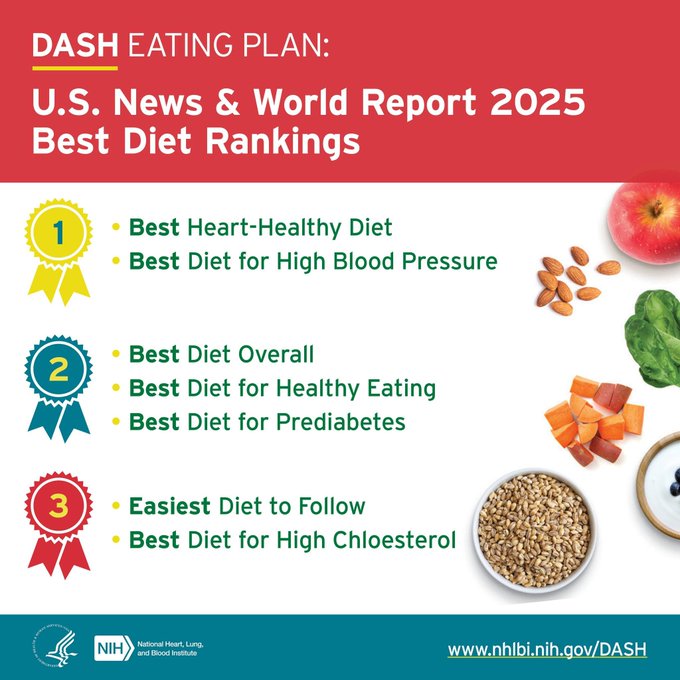
- Deciding About Hormone Therapy Use
- Diabetes and Heart Disease
- Diabetes: Your Heart and Diabetes
- Early Menopause: Women’s Experiences – Resources and Information: Quick Links – 1. Question Prompt List
- Empoweredtoserve.org [EmPOWERED To Serve]
- FAQs: Heart Health for Women
- Facts About Women and Heart Disease
- Family History
- February Is American Heart Month
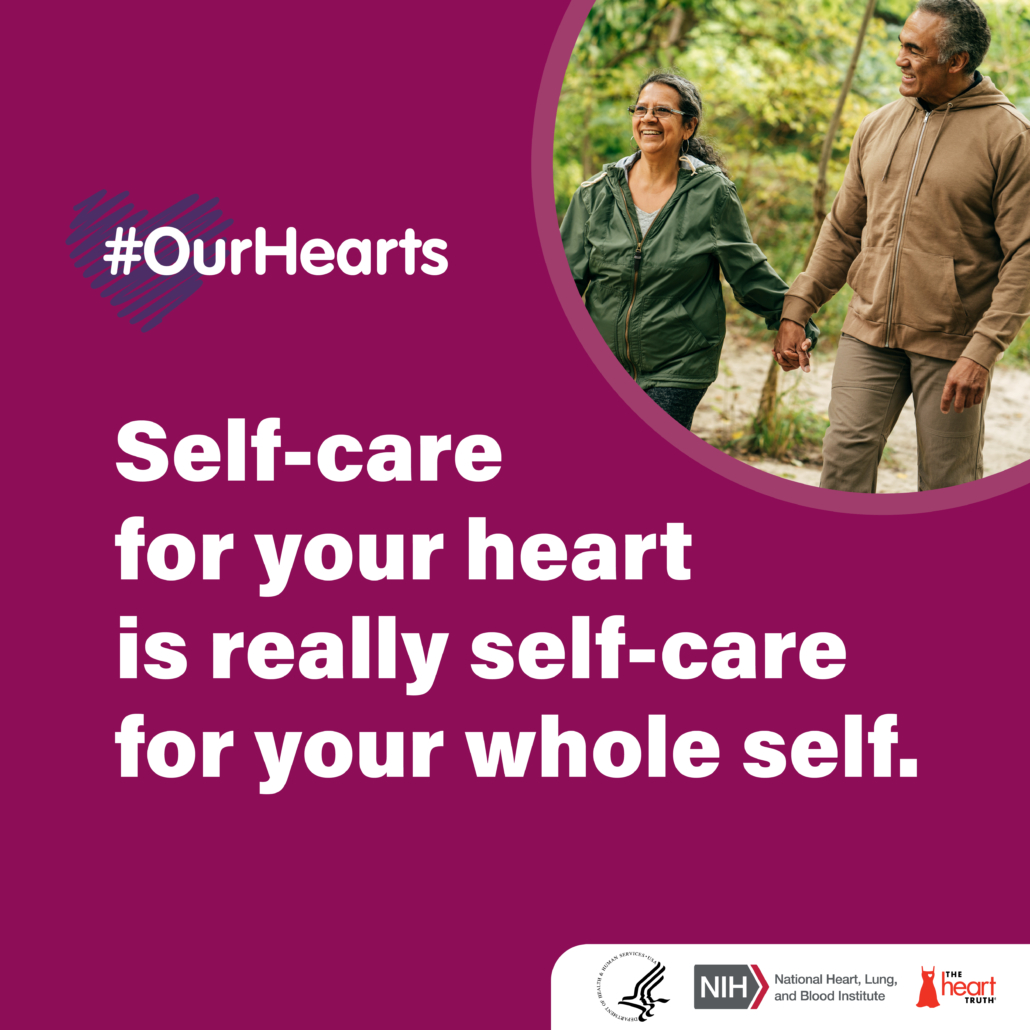
- Find A Menopause Practitioner [United States and Other]
- Find A Practitioner [Australasian Menopause Society i.e. Australia and New Zealand]
- Find Your Nearest BMS Menopause Specialist [British Menopause Society]
- Fitness
- Getting Serious About Heart Health
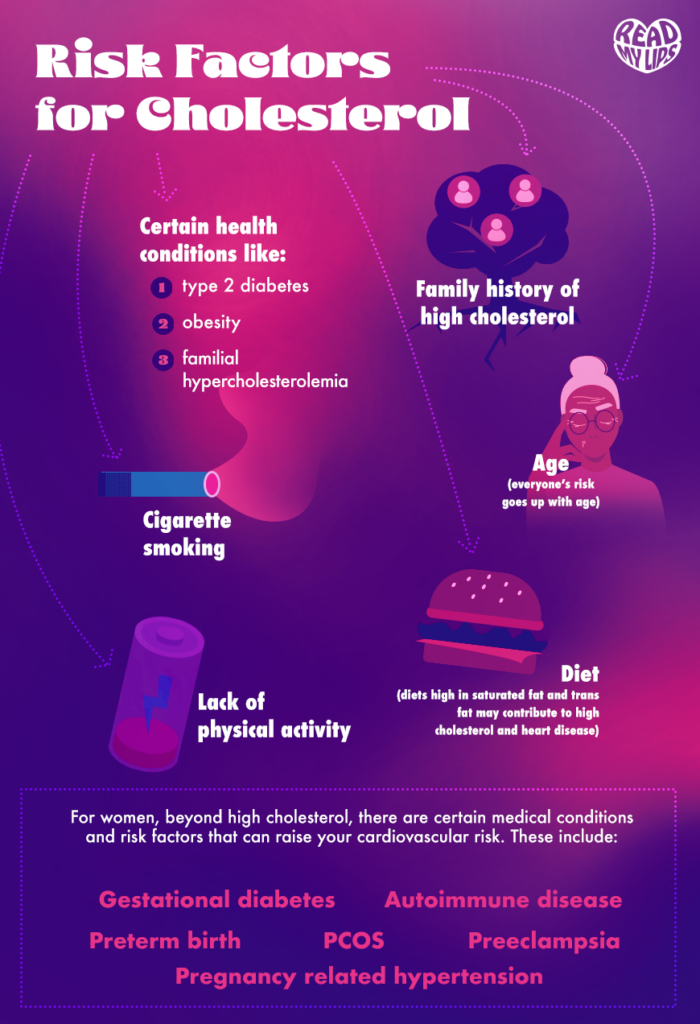
- Goredforwomen.org [Go Red for Women, American Heart Association United States]
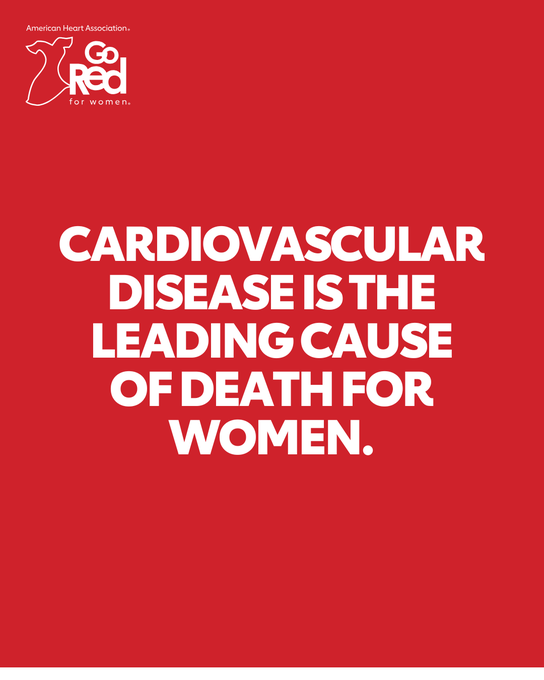
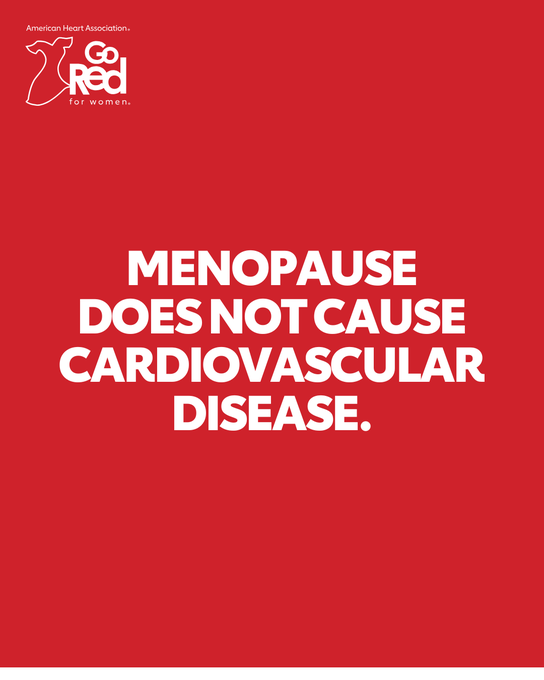
- Healthy Diet
- Healthy Eating
- Healthy Lifestyle
- Healthy Living
- Heart Disease
- Heart Disease In Black Women
- Heart Disease In Hispanic Women
- Heart Disease In Women: Understand Symptoms and Risk Factors
- Heart Disease, Family Health History, and Familial Hypercholesterolemia: Family Health History and Heart Disease
- Heart Disease: About Women and Heart Disease
- Heart Disease: It’s Not Just for Men – Questions To Ask Your Doctor
- Heart Disease: Preventing Heart Disease
- Heart Disease: What Every Woman Needs To Know
- Heart Health After Menopause
- Heart Health Information In Your Language: Healthy Heart Habits
- Heart Health Information In Your Language: Women and Heart Disease
- Heart Health and Cholesterol In Menopause
- Heart Health for Women [+ Videos]
- Heart Health for Women [+ Videos]: Download Heart Health for Women Fact Sheet In Other Languages
- Heart Palpitations
- Heart-Healthy Living
- Heart-To-Heart: Talking To Your Health Care Professional
- Herheart.org [Her Heart]
- High Blood Pressure and Women
- How Estrogen Supports Heart Health
- How Healthy Is Your Heart? Take This Quiz To Find Out [09 February 2026]
- How To Protect Heart Health At Menopause: 3 Experts Advise
- Know Your Numbers It Could Just Save Your Life
- Know Your Risk
- Later Years (Around 50 Years and Over): Menopause and Post Menopause Health – After the Menopause
- Later Years (Around 50 Years and Over): Menopause and Post Menopause Health – Early and Premature Menopause [+ Video: Menopause Only Happens In Your 50s]
- Life’s Essential 8
- Mayo Clinic Minute: Are You Getting Enough Sleep for Your Best Heart Health? [+ Video Courtesy: Mayo Clinic News Network]
- Mayo Clinic Minute: Menopause and the Heart Connection [+ Video Courtesy: Mayo Clinic News Network]
- Menopause
- Menopause

- Menopause Can Bring Increased Cholesterol Levels and Other Heart Risks. Here’s Why and What To Do About It
- Menopause Map: Downloadable Resources – My Personal Path Print Tools: Questions for Your Health Care Provider

- Menopause and Cardiovascular Risk
- Menopause and Heart Health Infographic
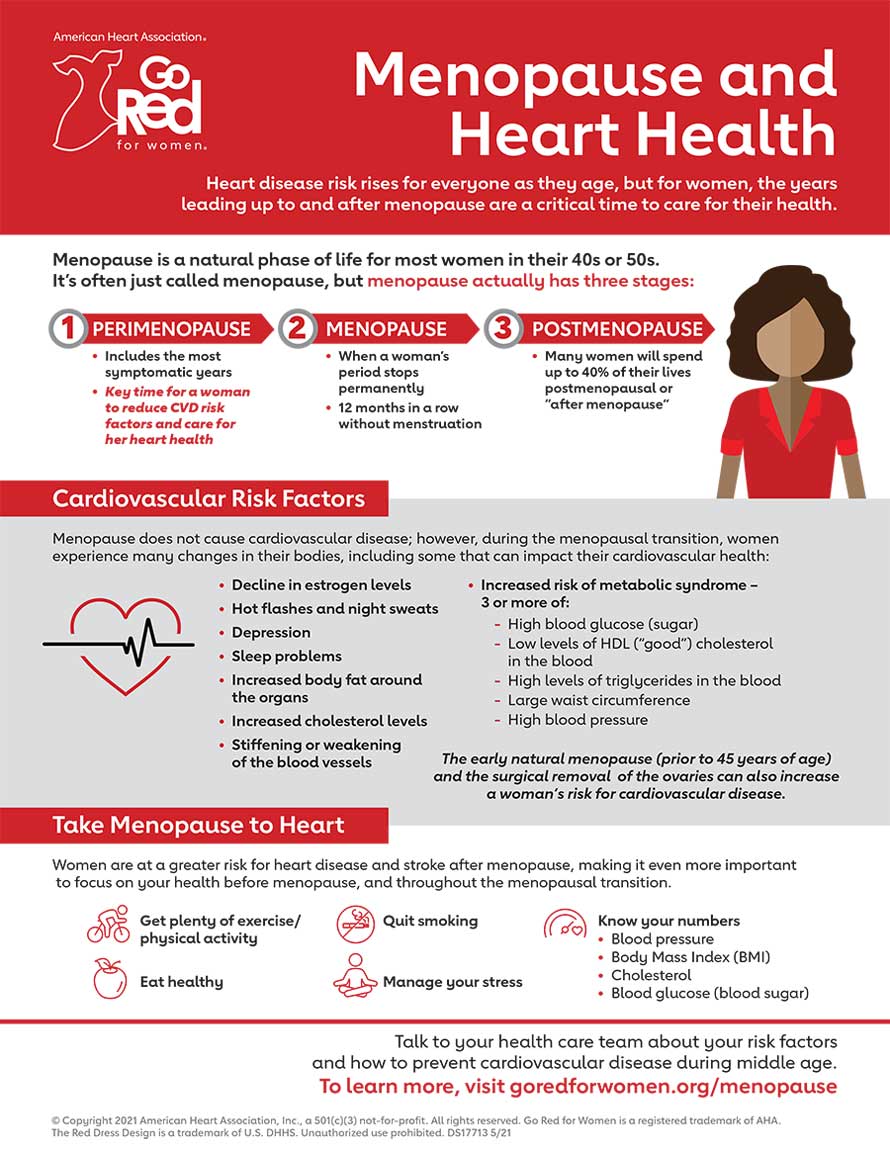
- Menopause and Heart Health – 4 Tips for A Healthy Heart While Your Body Is Changing
- Menopause and Your Heart
- Menopause: Identification and Management [NICE Guideline]
- Menopause: Identification and Management [NICE Guideline]

- Menopause: Your Choice of Language
- National Center for Complementary and Integrative Health: Cardiovascular Disease
- National Center for Complementary and Integrative Health: Chelation for Coronary Heart Disease: What You Need To Know
- Navigating Menopause Care Resource Guide
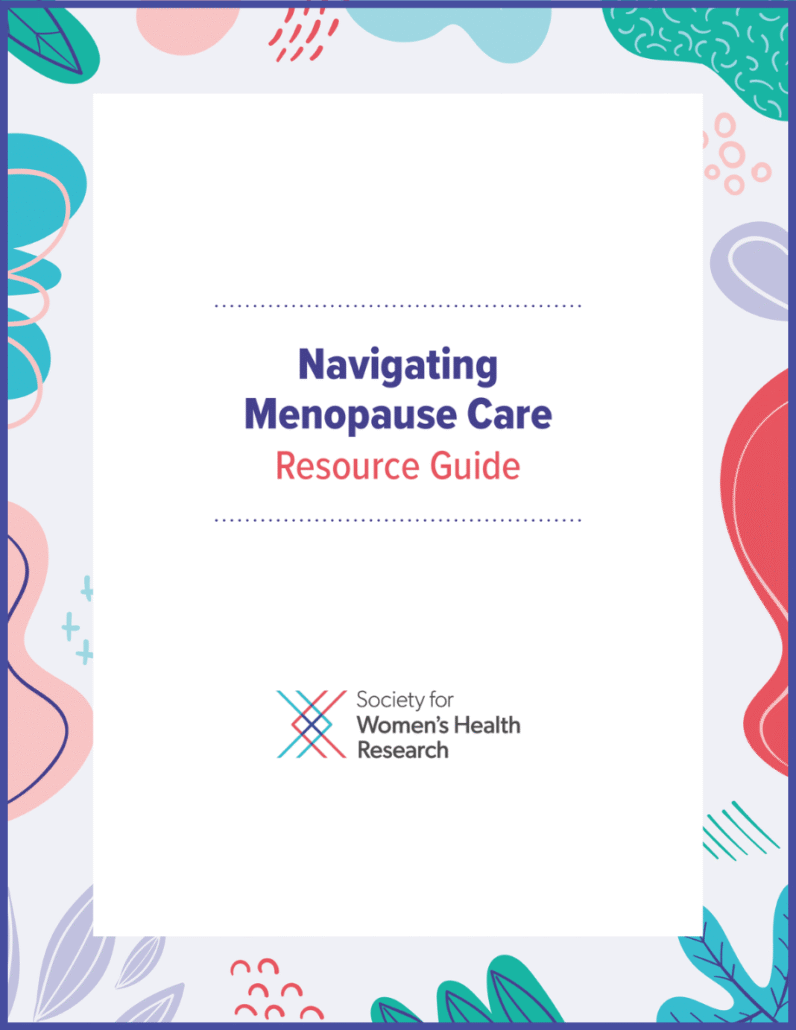
- Nonhormone Treatments for Hot Flashes and Night Sweats
- Online Events [International Menopause Society]: IMS Partnership Symposia Series – Evaluating High-Risk Patients In Menopause At Risk of Cardiovascular Disease (CVD)
- Online Events [International Menopause Society]: IMS Partnership Symposia Series – What Is Sleep, What Is Menopause and How Do They Interact?
- Online Events [International Menopause Society]: Past Webinars – 2025: Lifestyle Medicine
- Q&A: Health Changes During Menopause Associated With Increased Cardiovascular Risk
- Resources: Fact Sheets [Multiply Languages]

- The Connection Between Menopause and Cardiovascular Disease Risks
- The Heart Truth
- The Women’s Health Initiative Trials: Clinical Messages
- Tips To Keep Stress From Hurting Your Heart
- Video: Hormone Therapy Protects Bone, Heart, Brain Health During Menopause
- (Video) Heart Disease In Women: 4 Things A Mayo Clinic Cardiologist Wants You To Know [+ Video Courtesy: Mayo Clinic News Network]
- Videos & Podcasts: Videos – Menopause and Hormone Therapy: Current Perspectives and Controversies
- Videos and Podcasts: Videos – Heart Disease, Risk Factors of Developing Heart Disease, and Can I Take Hormones?
- Webinar: Early Menopause
- What Is the Difference Between Perimenopause, Menopause and Postmenopause?
- Women and Heart Health Fact Sheet
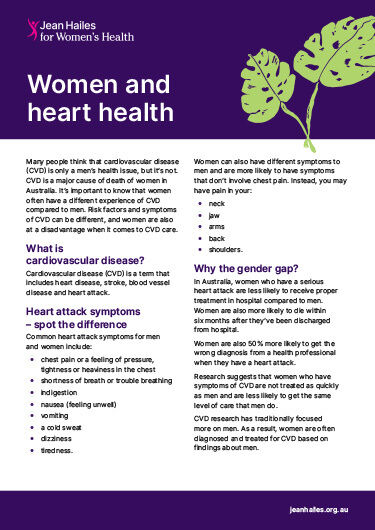
- Womenheart.org [WomenHeart: The National Coalition for Women With Heart Disease, United States]
- World Heart Day [29 September]

- World Menopause Day 2023

- World Menopause Day 2025
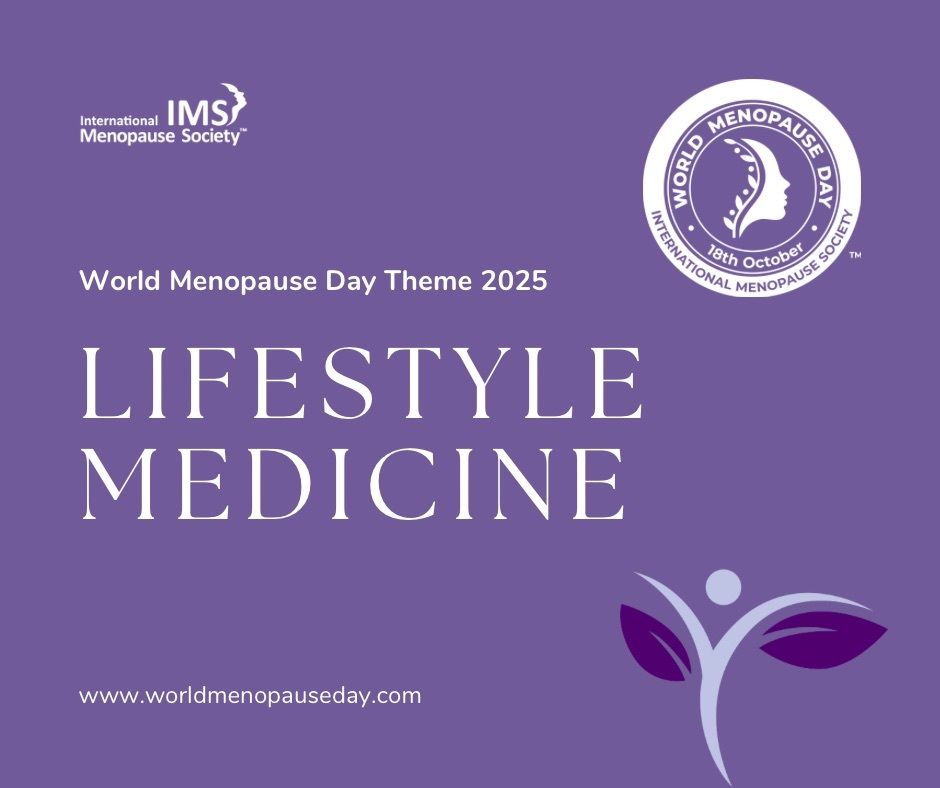
Sources
Where may I find the Sources quoted?
You may find the Sources quoted at:
Sources
- What Is Perimenopause and Menopause? Perimenopause, Menopause and Postmenopause – Postmenopause: Heart Health After Menopause. Last Updated: 28 August 2025 | Last Reviewed: 22 April 2025. Jean Hailes for Women’s Health https://www.jeanhailes.org.au/health-a-z/menopause/about-menopause Accessed: 01 February 2026
- Heart Disease: About Heart Disease. 15 May 2024. Centers for Disease Control and Prevention https://www.cdc.gov/heart-disease/about/ Accessed: 01 February 2026
- Coronary Heart Disease: Women and Heart Disease – Why Does Coronary Heart Disease Affect Women Differently? Last Updated: 27 December 2024. National Heart, Lung, and Blood Institute https://www.nhlbi.nih.gov/health/coronary-heart-disease/women#Why-does-coronary-heart-disease-affect-women-differently? Accessed: 01 February 2026
- What Is Perimenopause and Menopause? Perimenopause, Menopause and Postmenopause – Postmenopause: Heart Health After Menopause. Last Updated: 28 August 2025 | Last Reviewed: 22 April 2025. Jean Hailes for Women’s Health https://www.jeanhailes.org.au/health-a-z/menopause/about-menopause Accessed: 01 February 2026
- Menopause and Your Heart: Does Menopause Increase the Risk of Heart Disease? Last Updated: 20 August 2025. Victor Chang Cardiac Research Institute https://www.victorchang.edu.au/heart-disease/menopause Accessed: 01 February 2026
- Coronary Heart Disease: Women and Heart Disease – Why Does Coronary Heart Disease Affect Women Differently? Last Updated: 27 December 2024. National Heart, Lung, and Blood Institute https://www.nhlbi.nih.gov/health/coronary-heart-disease/women#Why-does-coronary-heart-disease-affect-women-differently? Accessed: 01 February 2026
- What Is Perimenopause and Menopause? Perimenopause, Menopause and Postmenopause – Postmenopause: Heart Health After Menopause. Last Updated: 28 August 2025 | Last Reviewed: 22 April 2025. Jean Hailes for Women’s Health https://www.jeanhailes.org.au/health-a-z/menopause/about-menopause Accessed: 01 February 2026
- Menopause and Your Heart: Can Hormone Replacement Therapy (HRT) Reduce the Risk of Developing Heart Disease? Last Updated: 20 August 2025. Victor Chang Cardiac Research Institute https://www.victorchang.edu.au/heart-disease/menopause Accessed: 01 February 2026
- Menopause and Your Heart: Is HRT Safe To Take If I Have Heart Disease? Last Updated: 20 August 2025. Victor Chang Cardiac Research Institute https://www.victorchang.edu.au/heart-disease/menopause Accessed: 01 February 2026
- Williamson, L. The Connection Between Menopause and Cardiovascular Disease Risks. 21 February 2023 https://www.heart.org/en/news/2023/02/20/the-connection-between-menopause-and-cardiovascular-disease-risks Accessed: 01 February 2026
- Menopause and Your Heart: What Can You Do To Lessen Your Risk of Developing Heart Disease During Menopause Last Updated: 20 August 2025. Victor Chang Cardiac Research Institute https://www.victorchang.edu.au/heart-disease/menopause Accessed: 01 February 2026
- Heart Disease: It’s Not Just for Men – How Do I Find Out If I Am Risk for Heart Disease? You and Your Doctor: A Heart Healthy Partnership. National Heart, Lung, and Blood Institute https://www.nhlbi.nih.gov/health-topics/education-and-awareness/heart-truth/heart-disease-not-just-men Accessed: 01 February 2026




